Five most successful Indian football coaches

All of them are legendary figures in the country's sport.
Indian football has improved steadily year by year. An often-overlooked facet in the rapid development has been the role of Indian football coaches, who have helped in the growth of the sport. Despite the influx of overseas coaches, the contributions of Indians in the backroom have been instrumental in pushing Indian football to greater competitive levels.
Success is defined by silverware. Stalwarts mentioned below led their teams to glory on many occasions and helped usher in a footballing movement across the nation. Here are the five most successful Indian football coaches.
5. Syed Abdul Rahim
The architect of Indian football heralded India’s golden footballing age. He was the coach of Hyderabad City Police. At a time just following independence, most clubs had no coaching staff. Rahim showed the importance of a head coach. The club won the Rovers Cup for five successive years, from 1950 to 1955 and made it to five Durand Cup finals, winning three.
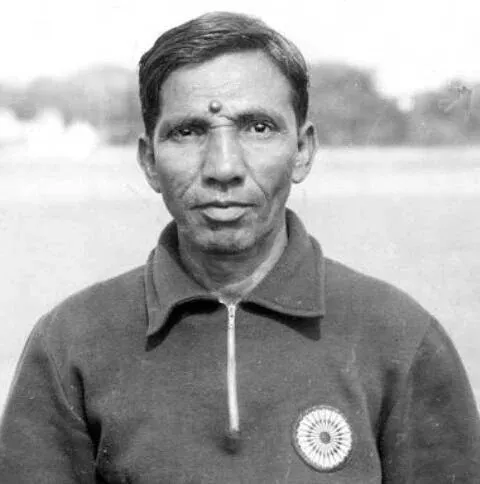
The mentor introduced the 4-2-4 system as the national team coach, inspired by the Brazilian style of play in 1958. His ability to replicate his learnings (during playing days) and boldness to try different systems made him a legendary tactician.
4. Armando Colaco
Armando Colaco is Dempo’s most successful coach in terms of trophies. He is the first I-League coach to guide an Indian club to the AFC Cup semi-finals, a feat he managed in 2008. He served Dempo SC for 13 years from 2000 to 2013, becoming the club’s longest-serving manager.
Speaking of his career, from 1985-88, he coached Salcete Football Club and won the Stafford Cup. He moved on to Sesa Goa on a one-year deal and led them to the Vitthal Trophy. In a one-year stint with Dempo from 1989-90, Colaco won the Pomes Cup and Scissors Cup. He coached the youth teams of Goa for the Santosh Trophy and BC Roy Trophy throughout the early 90s.
Churchill Brothers was Colaco’s next destination, first as a coach and then as the Technical Director. He won three Goa Football League titles and a NFL runners-up trophy. He also gave a good account of himself in the AFC Cup.
(Dempo SC's re-birth under Colaco)
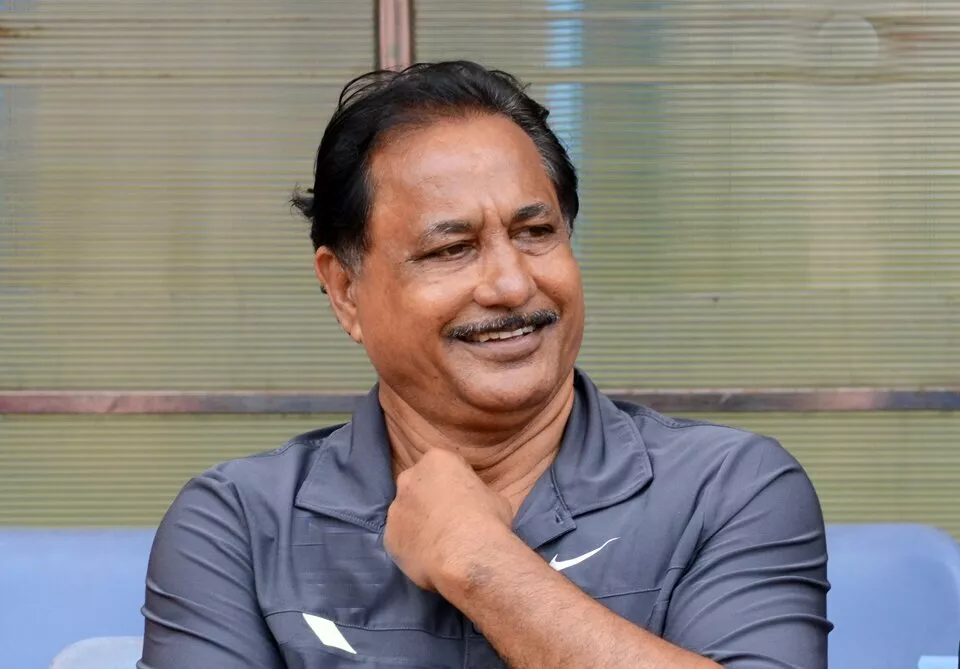
Dempo were in dire straits in 2000 and decided to place their fortunes on Colaco. The re-birth was successful and Dempo went on a glorious run to lift the Durand Cup, Federation Cup, and three I-League titles in 2007-08, 2009-10, and 2011-12. In total, five league titles were won in that 13-year period. He won 119 out of 217 games, drawing 55 and losing 43 with a win percentage of 54.
Colaco also took the club to new horizons, reaching the AFC Cup semi-finals and losing to Al-Safa’ SC of Lebanon. In 2011, he became the manager of the Indian national team, lasting five months. Colaco had a barren spell at East Bengal, following which he returned to Goa with FC Bardez, Sesa FA and Churchill Brothers.
In August, 2022, Colaco was announced as the head coach of Sporting Clube de Goa on a three-year deal. Always praised for his match awareness and possession-based style of football, Colaco preferred the 4-4-2 with two holding midfielders.
3. Syed Nayeemuddin
The former national team captain coached the likes of Mahindra United, Mohammedan SC, East Bengal, and Mohun Bagan. Syed Nayeemuddin remains the only sportsperson to win both the Arjuna Award and the Dronacharya Award for football. After injuries curtailed his playing career, Nayeemuddin went to Germany to pursue degrees and diplomas in coaching.
Nayeemuddin was appointed as East Bengal's head coach in 1990, winning the Triple crown (IFA Shield, Durand Cup and Rovers Cup) in his very first season and remaining unbeaten. His attention to detail was clearly apparent. He used both veteran Babu Mani and Bikash Panji on the right flank, instead of benching one of the two. This became East Bengal’s main source of attacks. Nayeemuddin helped in transforming talents such as Krishanu Dey with compulsory weight training. Moreover, it was he who transformed Bhaichung Bhutia from a midfielder to a striker during his second stint at the club!
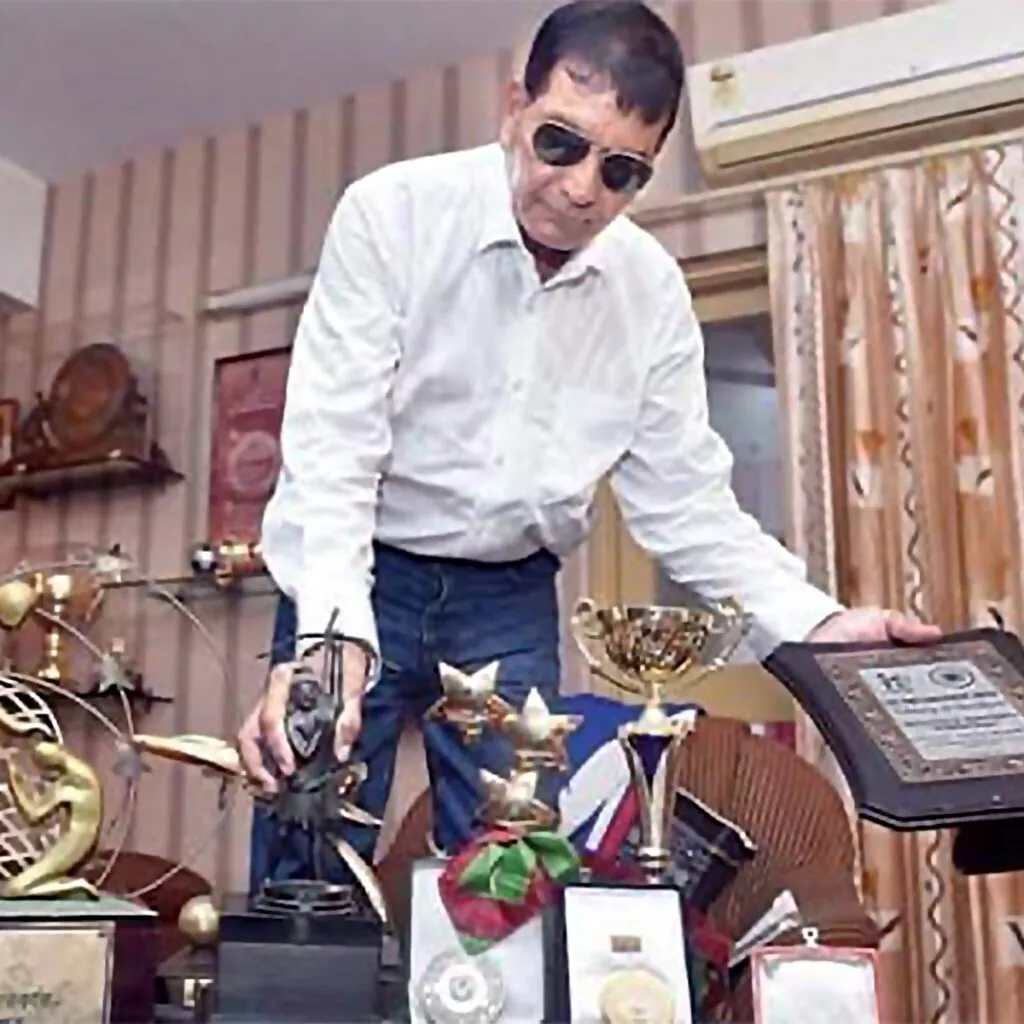
Nayeemuddin won three more titles in 1991-92, the Durand Cup, the IFA Shield, and the Calcutta Football League but fell out with the club after a dispute with club officials, switching to rivals Mohun Bagan. He won 10 trophies in two seasons with the Mariners.
In 1994, he returned to East Bengal, who had failed to bag a single trophy the preceding season. Under Nayeemuddin, they won both the Rovers Cup and IFA Shield. The man from Hyderabad, Telangana, went on to coach India, Mahindra United, and Bangladeshi clubs Brothers Union and Dhaka Mohammedan. He also enjoyed a stint at the Bangladesh national team.
2. Amal Dutta
Widely considered the first professional football coach in India, Amal Dutta emerged as a hero on the sidelines. He shared a fierce rivalry with PK Banerjee for over three decades.
After retirement as a player, Dutta went to England for a one-year FA coaching course and was under the tutelage of Walter Winterbottom, the first coach of the England national football team. He returned to India and started a coaching camp in Bally, before taking charge of the Railways in the 1960 Santosh Trophy.
Across a distinguished coaching career, Dutta coached Orissa, Mohun Bagan, East Bengal, Mohammedan SC, Tollygunge Agragami, United SC and the Indian national team.
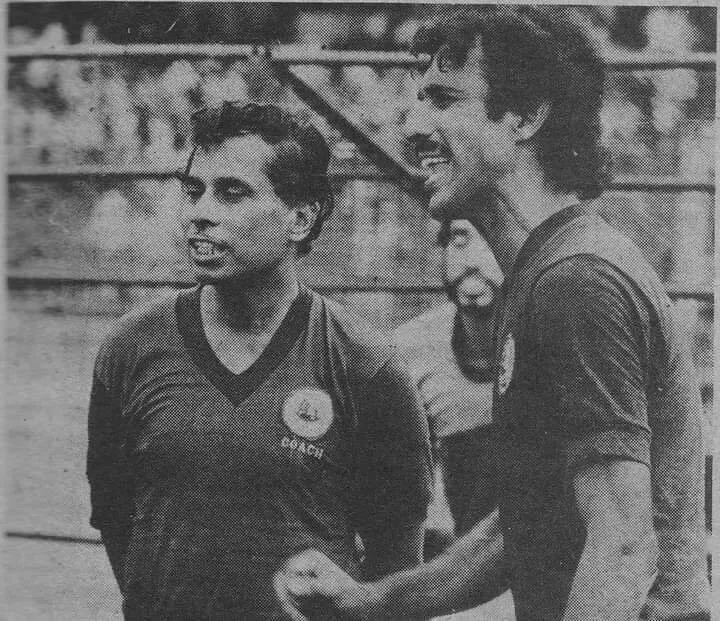
During his tenure at the three Kolkata giants, Dutta brought success everywhere he went. With East Bengal, he won the CFL twice, IFA shield twice, Rovers Cup, Durand Cup, Darjeeling Gold Cup, Bordoloi Trophy, Airlines Gold Cup, Sanjay Gandhi Gold Cup and ATP Shield. With Mohun Bagan, Dutta bagged four CFL titles, four IFA Shield titles, three Federation Cups, two Durand Cups, and victories in DCM Trophy, Airlines Gold Cup, Sikkim Governors Gold Cup and Nehru Trophy. He also won three trophies with Mohammedan SC in a single season.
Dutta's coaching helped the Indian football team win gold in the 1987 South Asian Games.
[KH_ADWORDS type="2" align="center"][/KH_ADWORDS]
(Introducing new things in Indian football)
Amal Dutta saw ten years down the road, realizing that the 2-3-5 formation is outdated and attempted to be a progressive voice during his East Bengal coaching days. Dutta wanted to try a three-man defence influenced by the touring Russians, but East Bengal official J.C. Guha vetoed it.
Dutta displayed his tactical acumen at Mohun Bagan in 1969, introducing the overlapping full-back concept with Bhawani Roy and Altaf. He was determined to bring in new change and even showed Bagan officials video cassettes of Brazil’s iconic 4-2-4 system to convince them.
As a national coach and Technical Director, Dutta introduced the 4-4-2 formation in the Calcutta South Asian Games, a move that saw India clinch gold. His 3-4-3 diamond formation at Mohun Bagan was well received, being talked about fondly to this day. This was an input from Johan Cruyff's FC Barcelona, where the tactician used a similar formation.
Known for his colourful character and being a stickler for discipline, Dutta ushered in a new era. The revolutionary and daring systems he introduced to great success, highlight his footballing know-how and greatness. He also foresaw issues that would hamper India’s progress as a footballing nation.
[KH_RELATED_NEWS title="Related News |ARTICLE CONTINUES BELOW"][/KH_RELATED_NEWS]
1. P.K. Banerjee
P.K. Banerjee was one of the first recipients of the Arjuna Award and was awarded the Padma Shri in 1990. His laurels were sung far and wide after being named the Indian Footballer of the 20th century by the International Federation of Football History and Statistics. He was awarded the FIFA Order of Merit, the highest honour awarded by FIFA, in 2014.
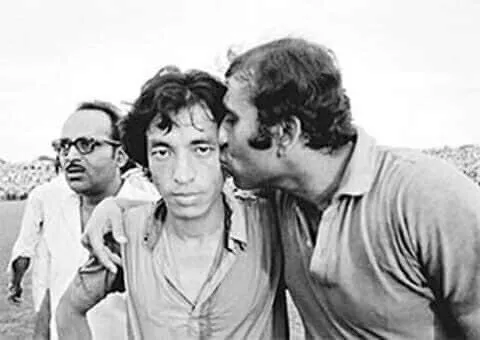
As a manager, PK Banerjee holds an unmatchable legacy. He joined East Bengal in 1972, the highlight of his tenure being a 5-0 win over Mohun Bagan in the 1975 IFA Shield Final. That victory was the biggest ever margin in a Kolkata derby.
Banerjee coached the Mariners from 1976. He led the team to a historic Triple crown, winning the IFA Shield, Rovers Cup and Durand Cup. The Indian national team came calling in 1972, prior to the Munich Olympics. Banerjee went on to coach the same till 1986.
The man from Jalpaiguri took the reins of the Tata Football Academy in Jamshedpur, serving as Technical Director from 1991 to 1997. Two years later, he served the same duty for the Indian football team.
The tactician moulded personalities such as Subhash Bhomwick, Monoranjan Bhattacharya and Gautam Sarkar. He is remembered for his man-management skills, a trait that helped him win 53 domestic trophies.
Where passion meets insight — blending breaking news, in-depth strategic analysis, viral moments, and jaw-dropping plays into powerful sports content designed to entertain, inform, and keep you connected to your favorite teams and athletes. Expect daily updates, expert commentary and coverage that never leaves a fan behind.